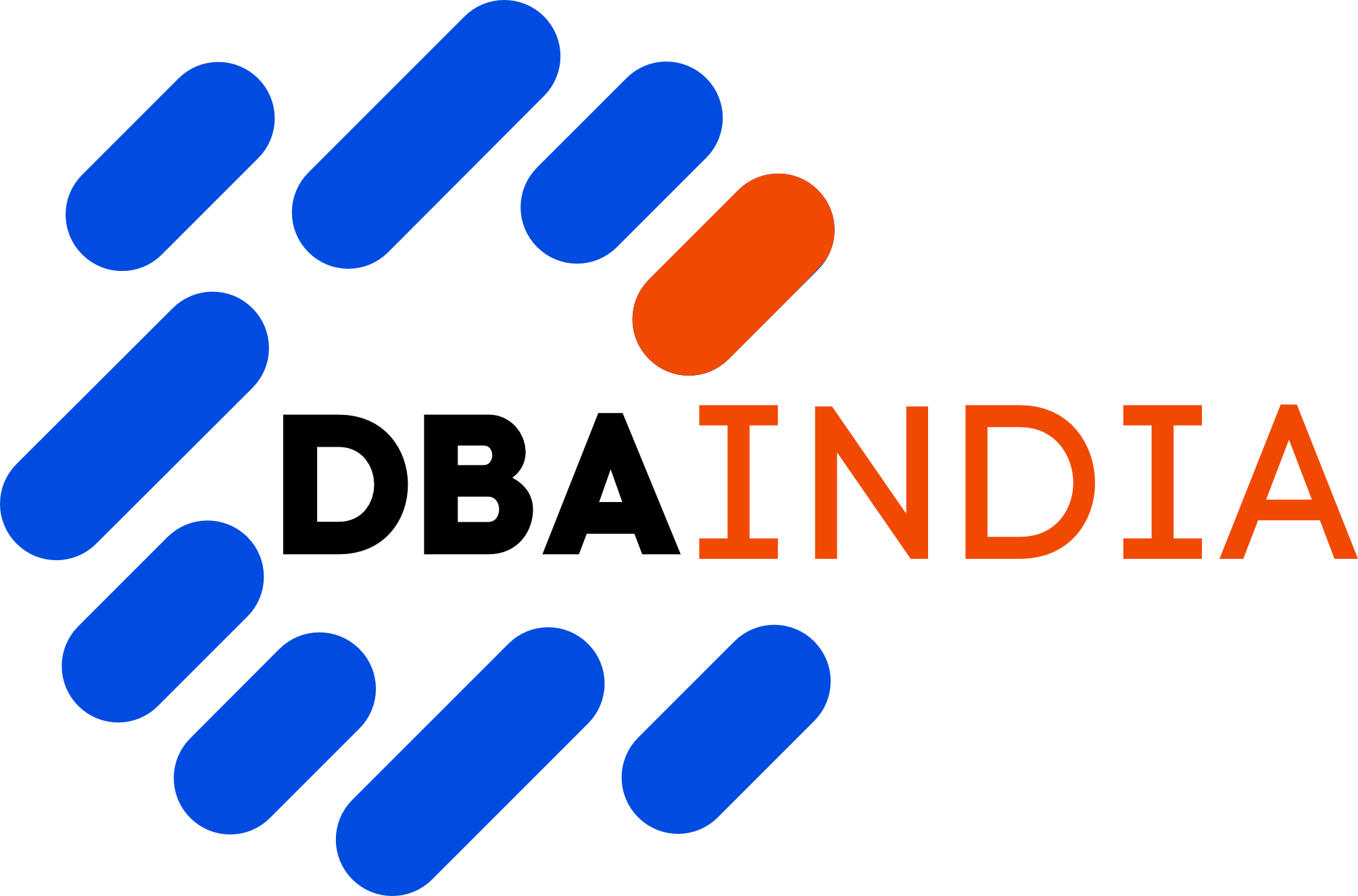Direct-to-Consumer (D2C) marketing refers to the strategy of selling products directly to consumers without intermediaries such as wholesalers, distributors, or retailers. D2C brands leverage digital channels such as e-commerce websites, social media, email marketing, and influencer partnerships to reach and engage with their target audience. By eliminating middlemen, D2C brands can maintain better control over pricing, branding, and customer experience, leading to higher profit margins and more personalized interactions with consumers.
Key aspects
1. Brand Storytelling
D2C brands focus on building strong brand narratives and emotional connections with consumers through authentic storytelling. They communicate their brand values, mission, and unique selling propositions to differentiate themselves in crowded marketplaces.
2. Customer Experience
Providing exceptional customer experience is paramount for D2C brands. They prioritize user-friendly website design, seamless purchasing processes, fast shipping, hassle-free returns, and responsive customer support to enhance customer satisfaction and loyalty.

3. Data-Driven Marketing
D2C brands leverage customer data and analytics to gain insights into consumer behavior, preferences, and purchasing patterns. They use this data to personalize marketing messages, tailor product offerings, and optimize marketing campaigns for better performance and ROI.
4. Content Marketing
Content marketing plays a crucial role in D2C strategies, as brands create valuable and engaging content to attract, educate, and inspire their target audience. Content formats may include blog posts, videos, social media posts, podcasts, and user-generated content.

5. Social Commerce
D2C brands capitalize on social media platforms as sales channels by integrating e-commerce functionalities directly into social media posts and ads. Social commerce features enable consumers to discover, browse, and purchase products without leaving their preferred social media platform.
At Digicove our culture comes to life through three core values:
E-commerce Marketing
E-commerce marketing focuses on promoting and selling products or services through online platforms, such as websites, mobile apps, and online marketplaces. E-commerce marketers utilize a variety of digital marketing tactics to drive traffic, conversions, and revenue for their online stores.
1. Search Engine Optimization (SEO)
E-commerce marketers optimize their websites for search engines to improve visibility and organic traffic. They use keyword research, on-page optimization, content creation, and link building strategies to rank higher in search engine results pages (SERPs).
2. Pay-Per-Click Advertising (PPC)
E-commerce marketers run PPC advertising campaigns on platforms like Google Ads, Bing Ads, and social media networks to drive targeted traffic to their online stores. They bid on relevant keywords and demographics, create compelling ad copy, and optimize campaigns for maximum ROI.

3. Email Marketing
Email marketing is a powerful tool for e-commerce marketers to nurture leads, engage customers, and drive sales. They send personalized email campaigns, abandoned cart reminders, product recommendations, and promotional offers to segmented email lists to encourage repeat purchases and customer loyalty.
4. Social Media Marketing
E-commerce marketers leverage social media platforms to showcase products, engage with followers, and drive traffic to their online stores. They create visually appealing content, run targeted ads, collaborate with influencers, and utilize social commerce features to increase sales and brand awareness.

5. Conversion Rate Optimization (CRO)
E-commerce marketers optimize the user experience and design of their websites to increase conversion rates and minimize cart abandonment. They conduct A/B testing, optimize product pages, simplify checkout processes, and offer incentives to improve overall conversion performance.
Overall, D2C and e-commerce marketing are essential strategies for businesses looking to thrive in the digital marketplace. By embracing digital channels, leveraging data-driven insights, and prioritizing customer experience, D2C and e-commerce brands can effectively reach, engage, and convert consumers in an increasingly competitive online landscape.


